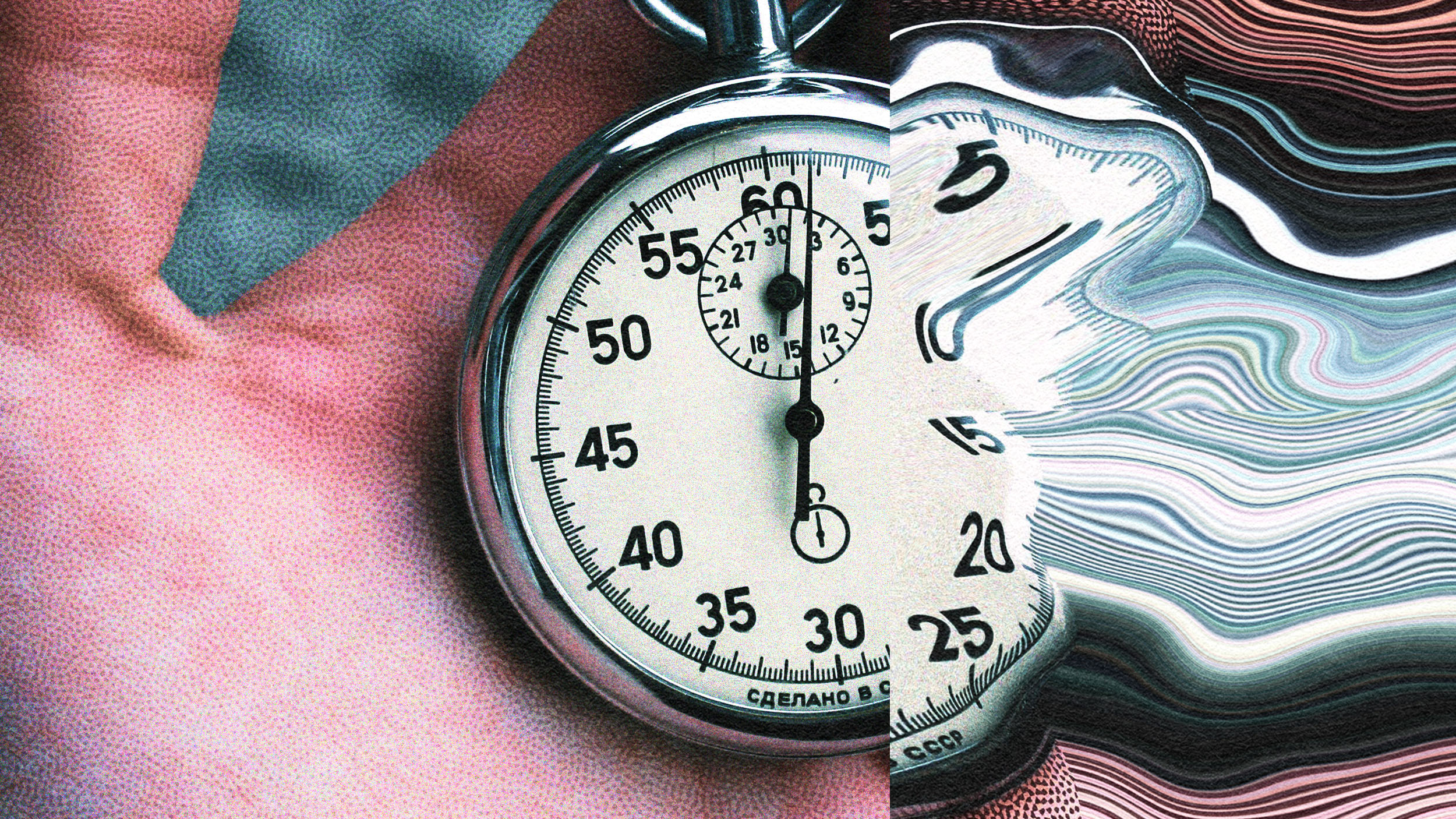It could be related to the drug-like state of withdrawal that comes when you severely decrease the amount of sugar in your system, says Nora Volkow, Director of the National Institute on Drug Abuse.
Question: Why do diets fail?
Nora Volkow: Well, again, it's very difficult to diet. A person wants to stop smoking, right? They are addicted to smoking and it's not so hard to stop one, two, three days. But most people will relapse after two or three days. The same thing with diets and food. For once, these changes that occur, these conditioned responses, number one, are long lasting. So you are going to be constantly inhibiting these pre-potent need to actually want to eat.
Now, imagine your day 24 hours, sort of imagine my day 24 hours. In the morning, I go run, exercise, I'm all wired up, so I have perfect control, nothing bad has happened to me. But then I basically lose my key and I have to make this huge line and then the secretary insults me and I have to say, "No, no, no, no, I'm not going today," so you start to get frustrated, and frustrated, and frustrated, and angry and angry. And your ability to then regulate this urge to eat the food starts to be undermined. So as we get frustrated, as we get stressed, our ability to exert control gets diminished.
So, you go on a diet, and this is one of the reasons, it's not the only reason, and I'll come back to it in a second. The ability to exert control, to control our emotions and our behaviors, gets eroded when we're stressed, when we're tired. Or actually, when we feel deprived. And that's why people become irritable. Because it's actually a response where your brain, your body, is sensing that you are in a state of deprivation and under a state of deprivation, your mental state changes to go and want to do that behavior that will get you out of that state. So you have, again, that balance of an intense drive to get out of that very unpleasant state, and on the other one, your cognition says, "I want to lose weight, I want to lose weight." And there is a point that you lose this battle. And so you give in, you get a stressor comes up, the flight has been cancelled, I've been dealing with all of these, I had a bad day, and my flight, on top of everything gets canceled, and at that moment, you lose the ability to control.
So that's one of the things, and it's exactly the same thing with drugs or with smoking behavior. A person is doing fine and all of a sudden their spouse says, you know, "I want a divorce." And they have been stopped smoking and then they relapse. Something very, very stressful, they lose that ability. They're other things that are being shown by animal studies that may also be very, very provocative, and again, this is at the research level, in animals, it hasn't been shown in humans. But in my view, the moment that I start to see results in animals, I want to question, is this happening to humans?
There's been a series of studies now by Dr. Hovel, for many years, and when I read this, I said, "Wow!" Where he takes rats and he gives them a diet high in sugar. Well, we all eat in this society a lot of sugar. Well, he takes these little rats and gives them high amounts of sugar. And then he takes these animals and gives them a drug that we call an opiate antagonist. Now, what is an opiate antagonist? An opiate antagonist is some medication that when you give to a rat, only when you give it to a rat that has been repeatedly exposed to opiates, like heroin, morphine, oxycontin, repeated exposure, only when it's repeated, you gave the trigger withdrawal, like a heroin withdrawal. The animal starts to shudder, it gets to shake, and it's very, very unpleasant for the animal. This opiate antagonist in an animal that has been exposed to a high content of sugar, it triggers an opiate withdrawal. This is incredibly unpleasant.
Now, one of the things that we haven't studied in humans is could there be something similar, that there is a withdrawal, just like it's been shown in animals, occurring when a person is stops in a diet and then they basically are cutting the intake of sugar, which liberates indigenous opiates. So no longer those indigenous opiates are being liberated and you are creating a mild state of withdrawal. That is not, of course, so powerful that you recognize it, but that may be creating a state of dysphoria and discomfort. This is what happens when you put someone withdrawal, mild withdrawal from opiates is not like they're going to start shaking. There's a sense of discomfort, which you are not feeling well under your skin, you're like that. And it's very unpleasant.
And so the extent to which a similar process, for example, may be happening, is something that should be investigated. That could also, if proven correct, help to understand why so very difficult to go on a diet. And will also, if it's, again, documented in humans, because this is documented in animals, could provide strategies to help persons so that they don't have this, these very disagreeable states of discomfort.
Recorded on November 6, 2009





